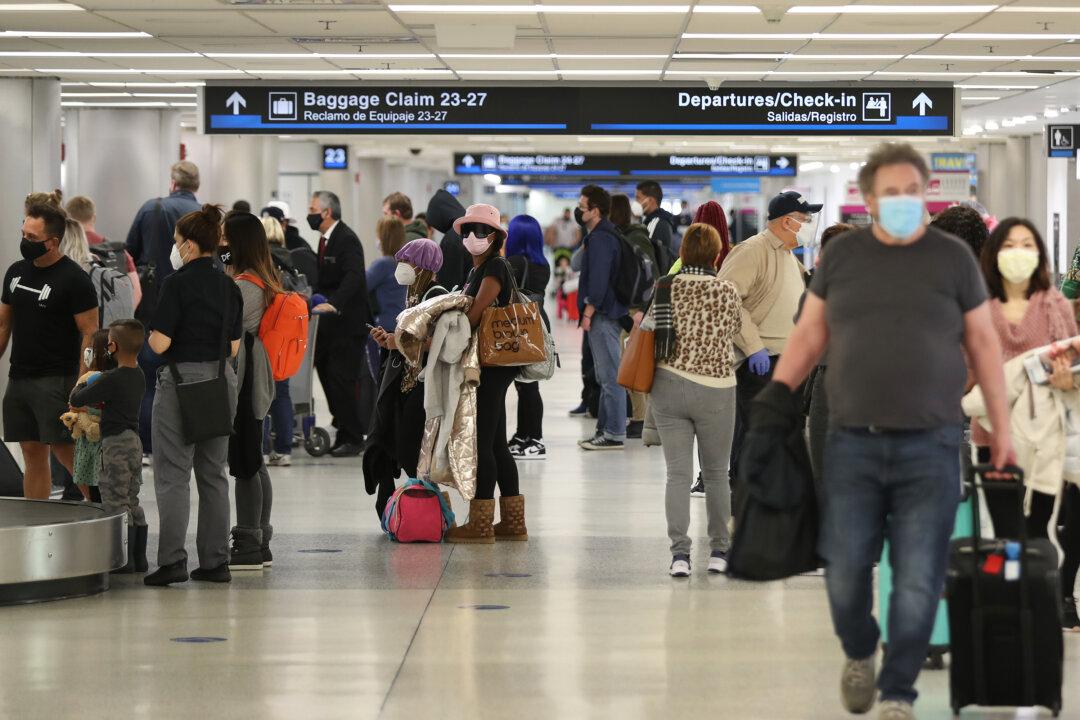Passengers who want to travel should not have to show proof that they received a COVID-19 vaccine, aviation leaders told lawmakers at the Senate Subcommittee on Aviation Safety, Operations and Innovation hearing on April 21.
Leaders from the aviation industry hope to open up air travel and believe that vaccine passports may help restore consumer confidence in flying again, but requiring such proof should be voluntary and temporary.





